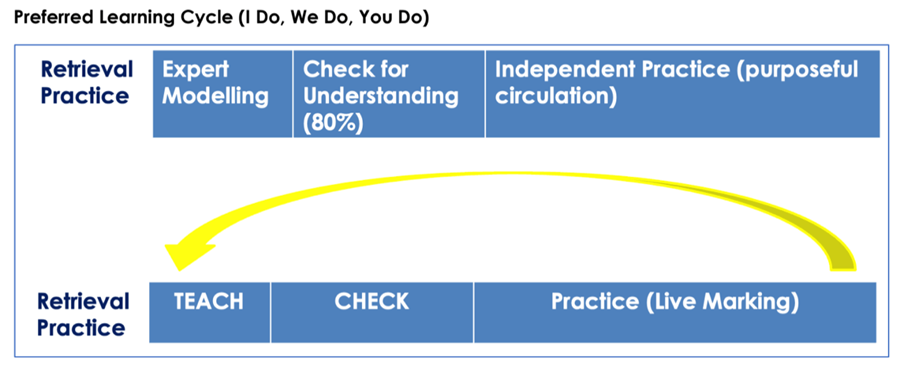College Curriculum Delivery
Everything is Possible
Student aspiration and self-belief will never be diminished by a lack of opportunity. We will maintain inexcusably high expectations of all members of our community.
We champion COMMUNITY and strive for CRAFTMANSHIP.
At Callington Community College, we aim to provide a broad, imaginative, and creative education. We will widen horizons through ambitious and stimulating lessons which provide rich, fulfilling and memorable experiences. Our lessons will be deliberately outgoing and aspirational, and teachers will set challenging goals and chase big dreams for every student. Learning is at the centre of everything we do and as such we commit to developing the skills of adults and students alike in order to promote a life-long love of learning for everyone.
As a College, we follow a clear set of expectations and a common approach to teaching and learning, so that teachers, parents and carers and students can understand and work towards the highest standards. Our expectations for Teaching and Learning ensure that teachers’ planning and practice will be informed by what enables students to learn most effectively and will ensure that teachers hold autonomy in designing bespoke and responsive lessons; meeting the needs of students with SEND will sit at the heart of every lesson and learning opportunity.
Callington Community College Learning Routine
We aim to secure the presence, participation, and achievement of all learners by working together to ensure that:
- Everyone is welcome.
- Students are equally valued.
- Everyone is held to the highest of expectations.
- Barriers to learning and progress are systematically and deliberately removed.
- Differences are seen as a stimulus for fostering learning among children and adults.





